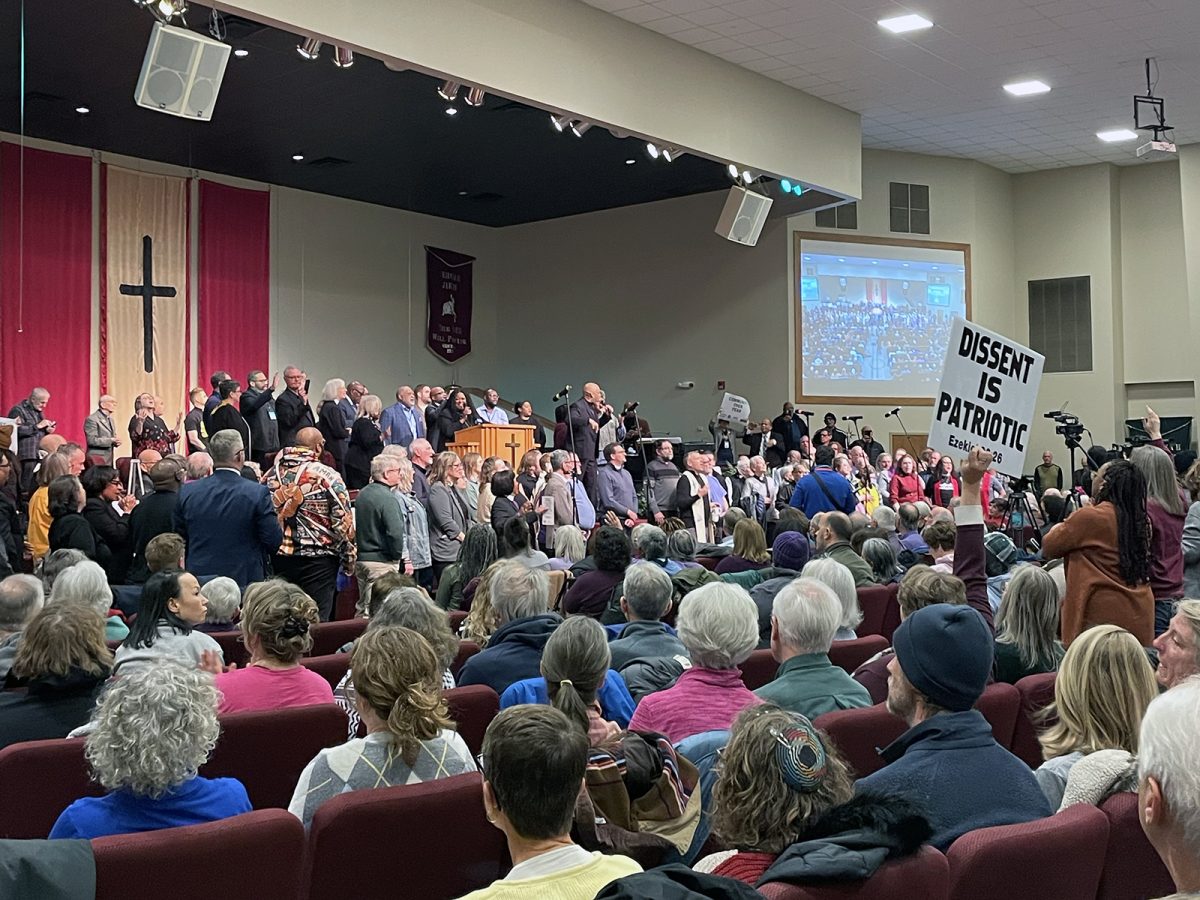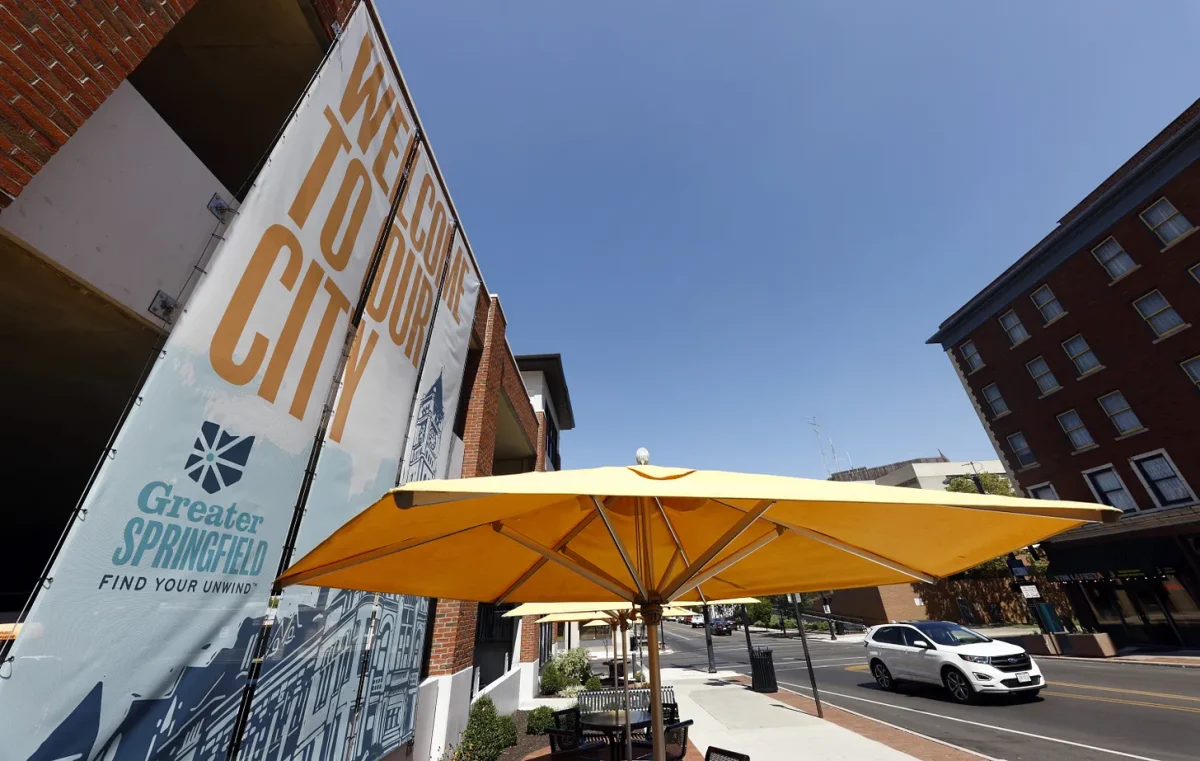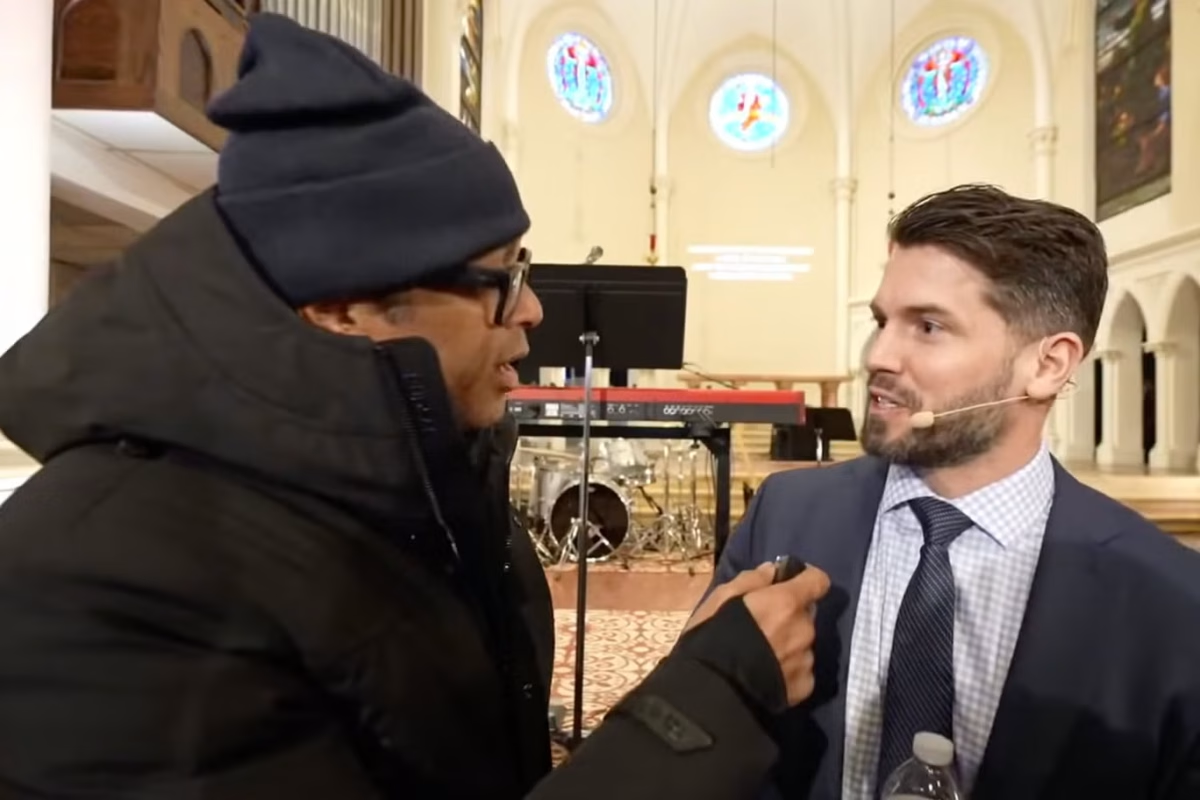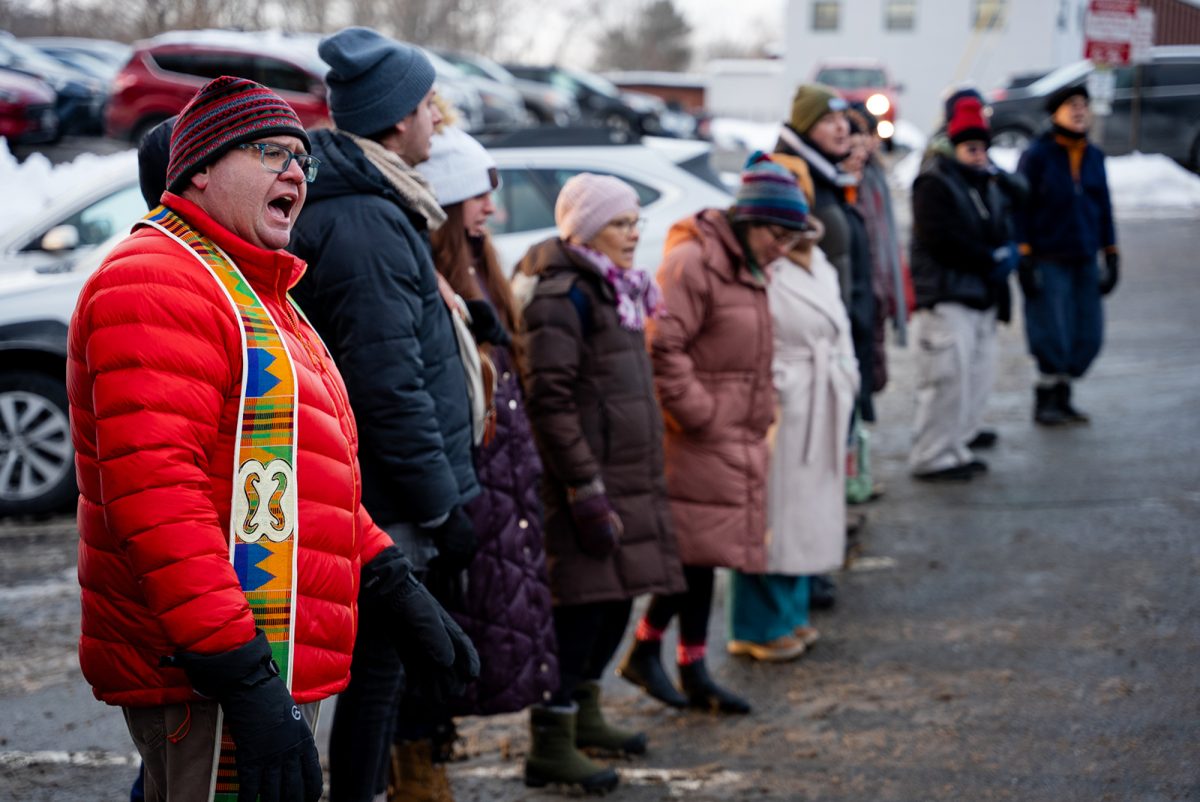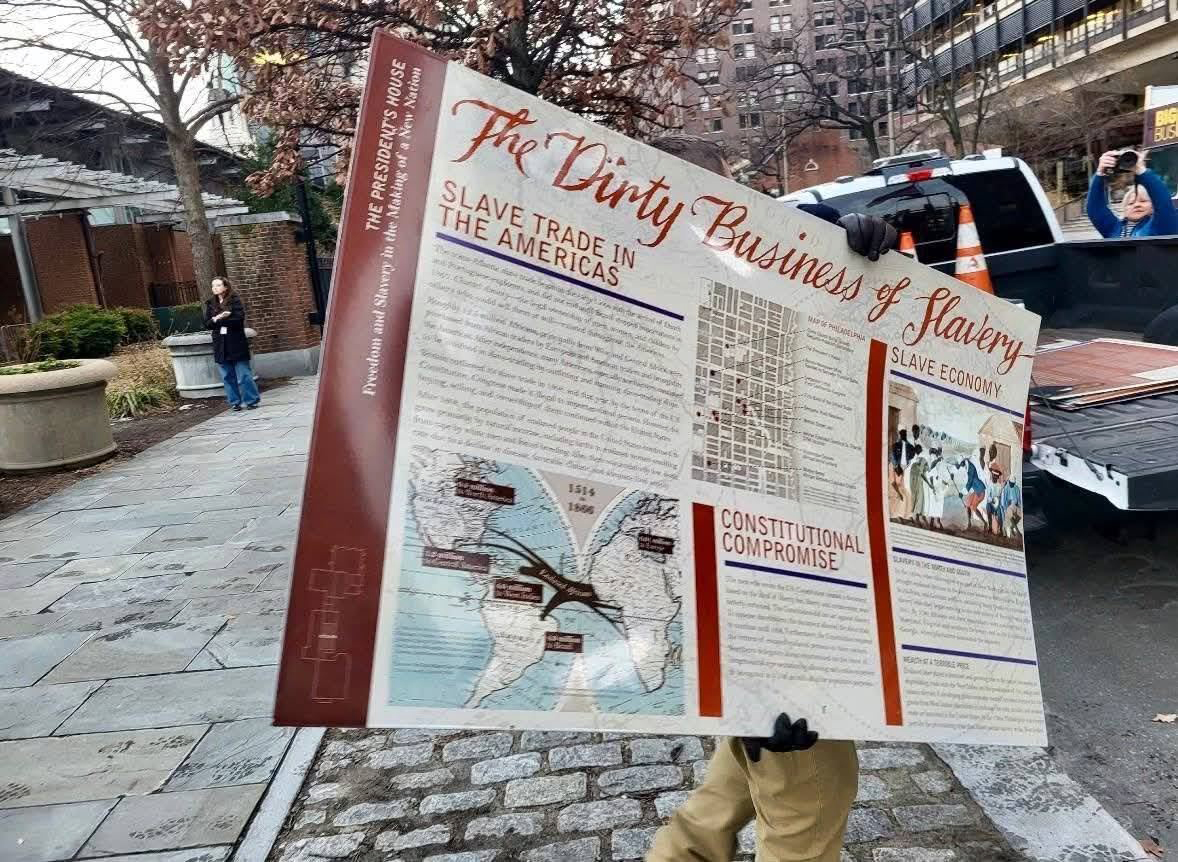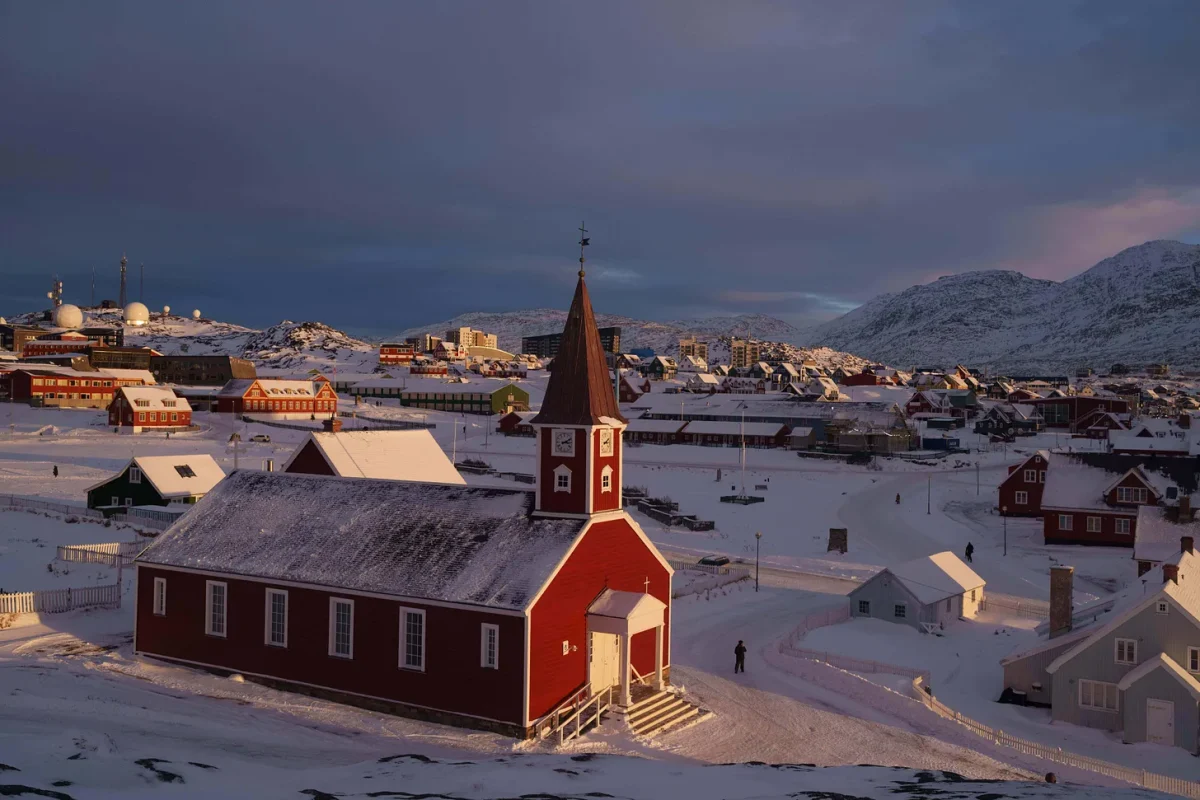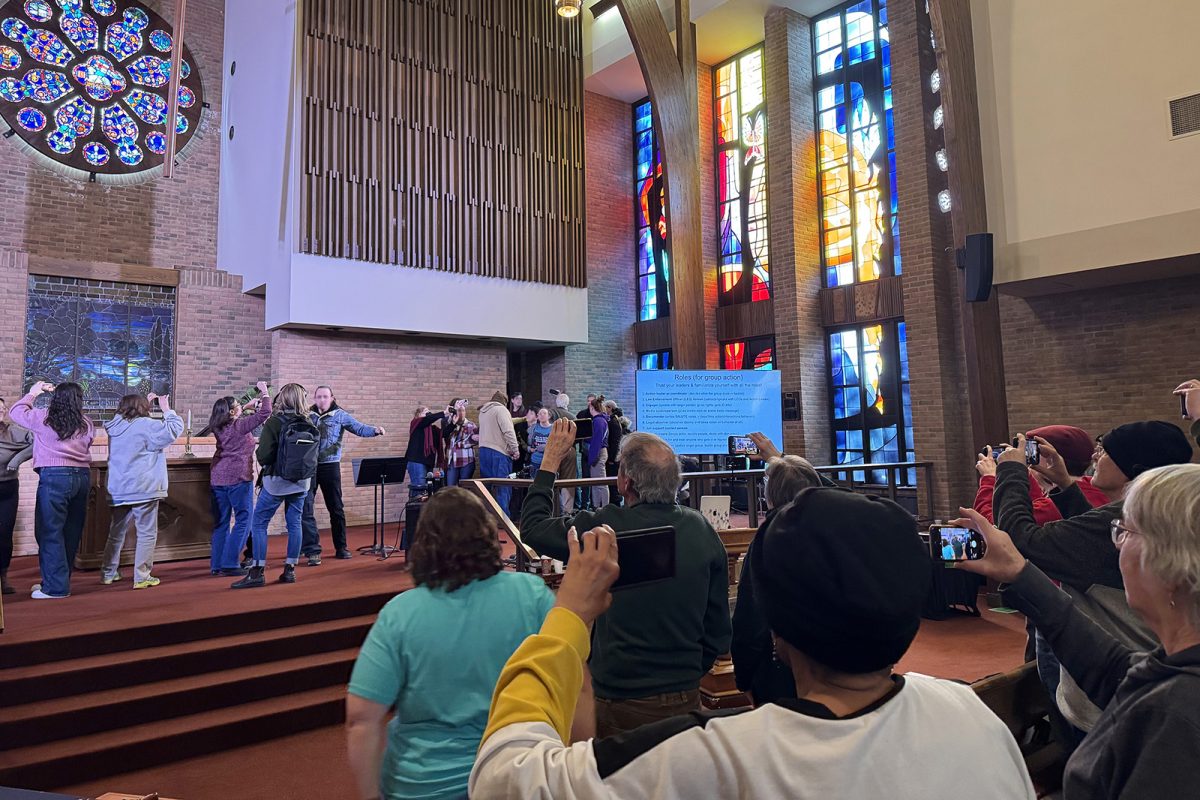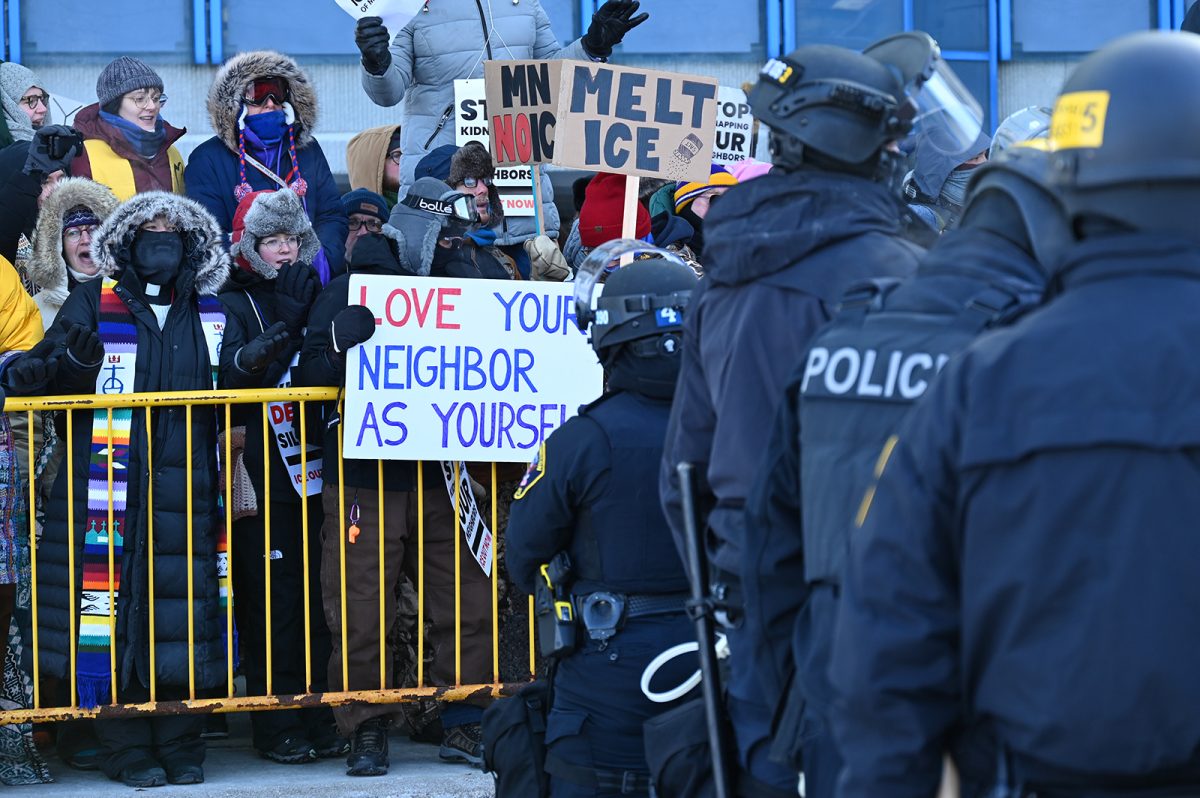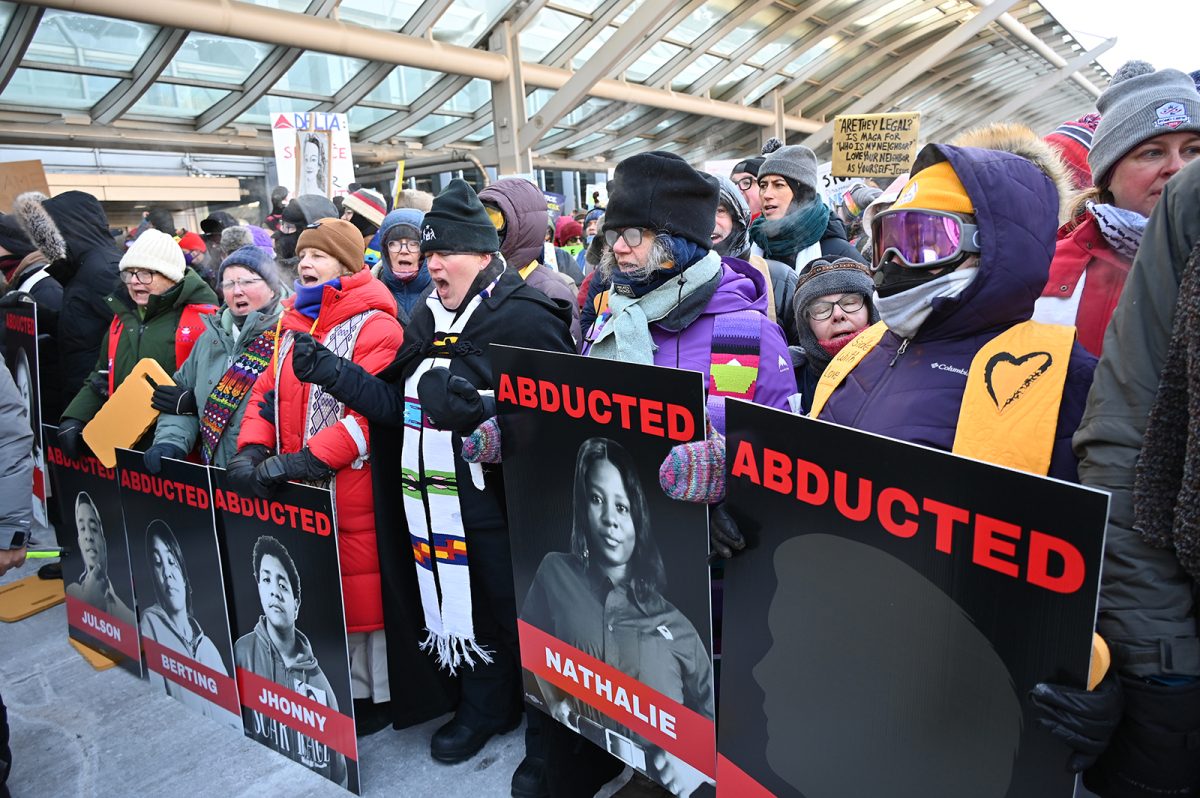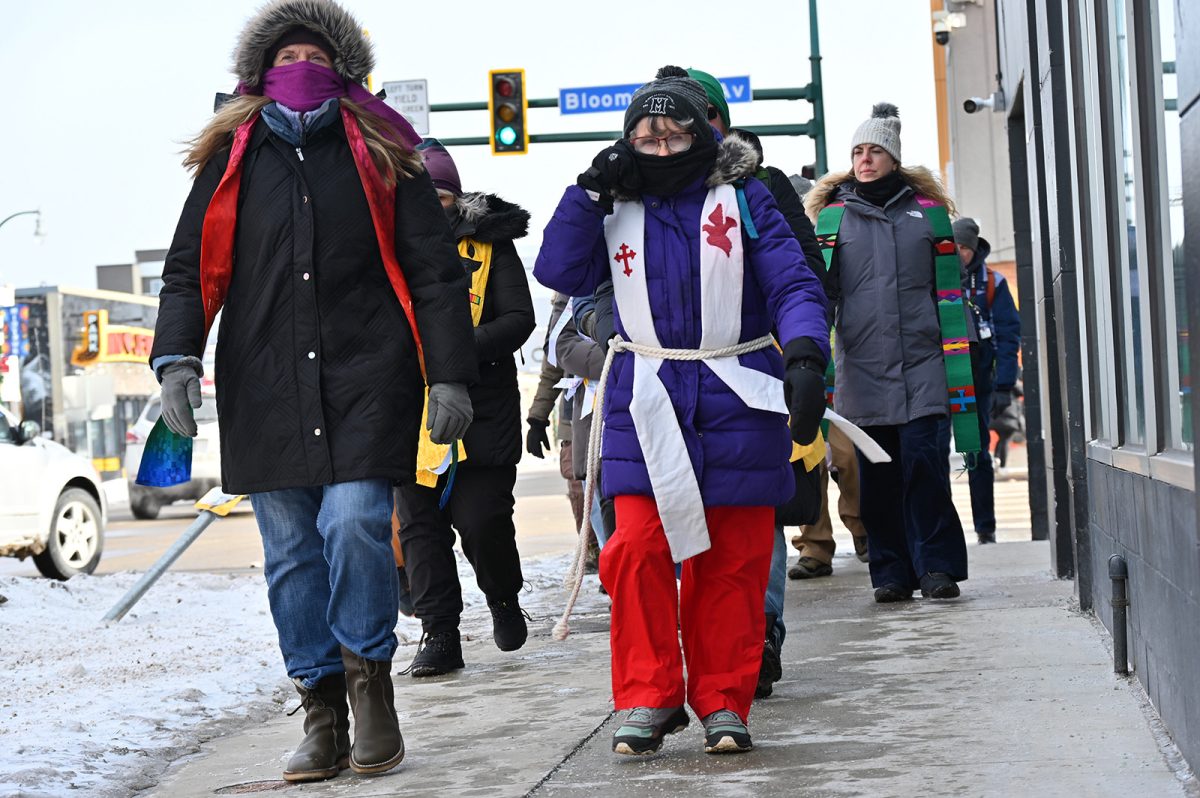Judge Stops Noem From Ending Haitians’ Protected Status, but Fear of ICE Remains
Monday’s ruling came just over 24 hours before TPS status was set to expire for some 350,000 Haitians. The U.S. district judge wrote that DHS Secretary Noem’s ‘approach is many things—in the public interest is not one of them.’

